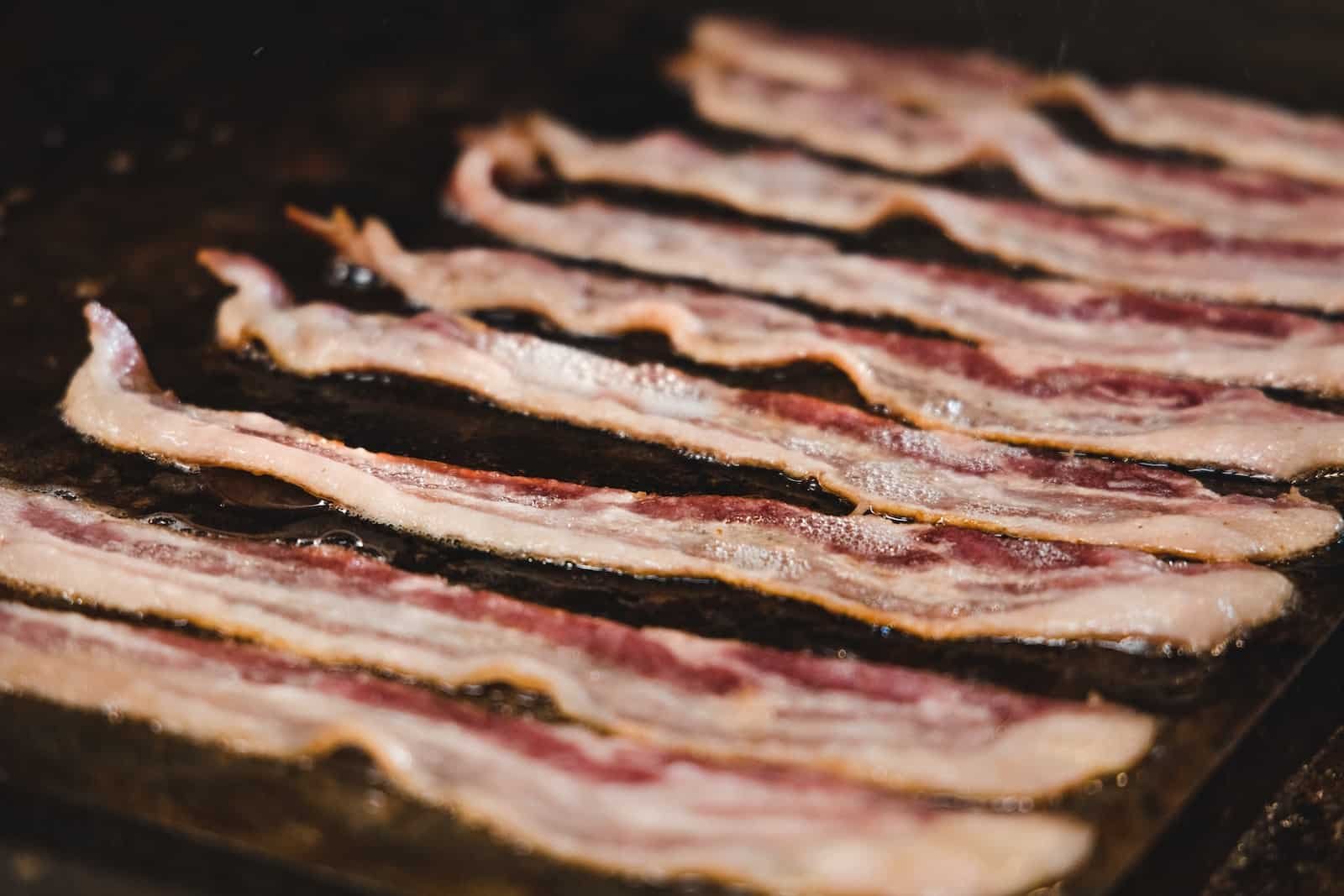As we dive into the frosty world of frozen bacon, we’ll explore what the experts at the CDC and FDA have to say about safe food handling and storage. So, grab a cup of coffee and let’s chat about how to keep that bacon tasting great from the freezer to the frying pan.
Understanding Freezer Guidelines
First things first, when we talk about freezing bacon, we’re looking to achieve two things: maintaining its quality and ensuring it’s safe to eat. According to the FDA, freezing at 0°F (-18°C) keeps food safe indefinitely. That’s right, indefinitely! However, that doesn’t mean that the quality will remain the same over time.
For bacon, the USDA recommends storing it in the freezer for up to one month for the best quality. Beyond that, while it’s still safe to eat, you might start noticing changes in flavor and texture. It’s the difference between a perfectly crisp strip of bacon and one that’s just a bit off in taste.

The Nitty-Gritty of Freezing Bacon
To maintain the best quality of your bacon in the freezer, you’ll want to follow a few key steps:
- Proper Packaging: If your bacon isn’t already vacuum-sealed, rewrap it tightly in heavy-duty aluminum foil, plastic wrap, or freezer paper, or place it in a freezer bag. This helps prevent freezer burn, which saps moisture and ruins texture.
- Portioning: Consider dividing your bacon into portions that you would typically use for a meal. This way, you only thaw what you need, reducing the risk of wasting food and needing to refreeze it.
- Labeling: Always label your bacon with the date you froze it. This helps to use it within the optimal quality timeframe and ensures good stock rotation.
Thawing Your Frozen Bacon
When it comes time to thaw your bacon, you have a few safe options:
- Refrigerator: Thawing bacon in the fridge is the safest method. It ensures the bacon remains at a safe temperature throughout the thawing process. It can take about 24 hours to fully thaw, depending on the thickness of the bacon.
- Cold Water: For a quicker method, you can thaw the bacon in cold water. Keep the bacon in its packaging or a leak-proof bag and submerge it in cold water. Change the water every 30 minutes. Once thawed, cook the bacon immediately.
- Microwave: If you’re in a real rush, you can use the microwave to thaw your bacon, as most microwaves have a “defrost” setting. Just be sure to cook it immediately after thawing, as parts of the bacon may become warm and begin to cook during the defrosting process.
Remember, once bacon is thawed, do not refreeze it. The texture and quality can be compromised, and it can be a risk for bacterial growth if not handled properly.
Safety Reminders
Always practice safe food handling. Wash your hands before and after dealing with raw bacon. Cook bacon to a safe minimum internal temperature to kill any harmful bacteria. The CDC advises that for raw bacon, this means cooking it until it’s crispy and no longer pink.
Fun Bacon Facts
Did you know that Americans consume a staggering 18 lbs. of bacon each year, on average? It’s a beloved staple in many households, which makes understanding how to store it even more important.
Key Takeaways
- Freezing bacon is safe indefinitely at 0°F (-18°C), but for best quality, consume within one month.
- Package bacon properly to prevent freezer burn and maintain quality.
- Label your bacon with the freezing date to keep track of storage time.
- Thaw safely using the refrigerator, cold water, or microwave methods, and never refreeze thawed bacon.
- Cook bacon thoroughly to the proper temperature to ensure safety.


